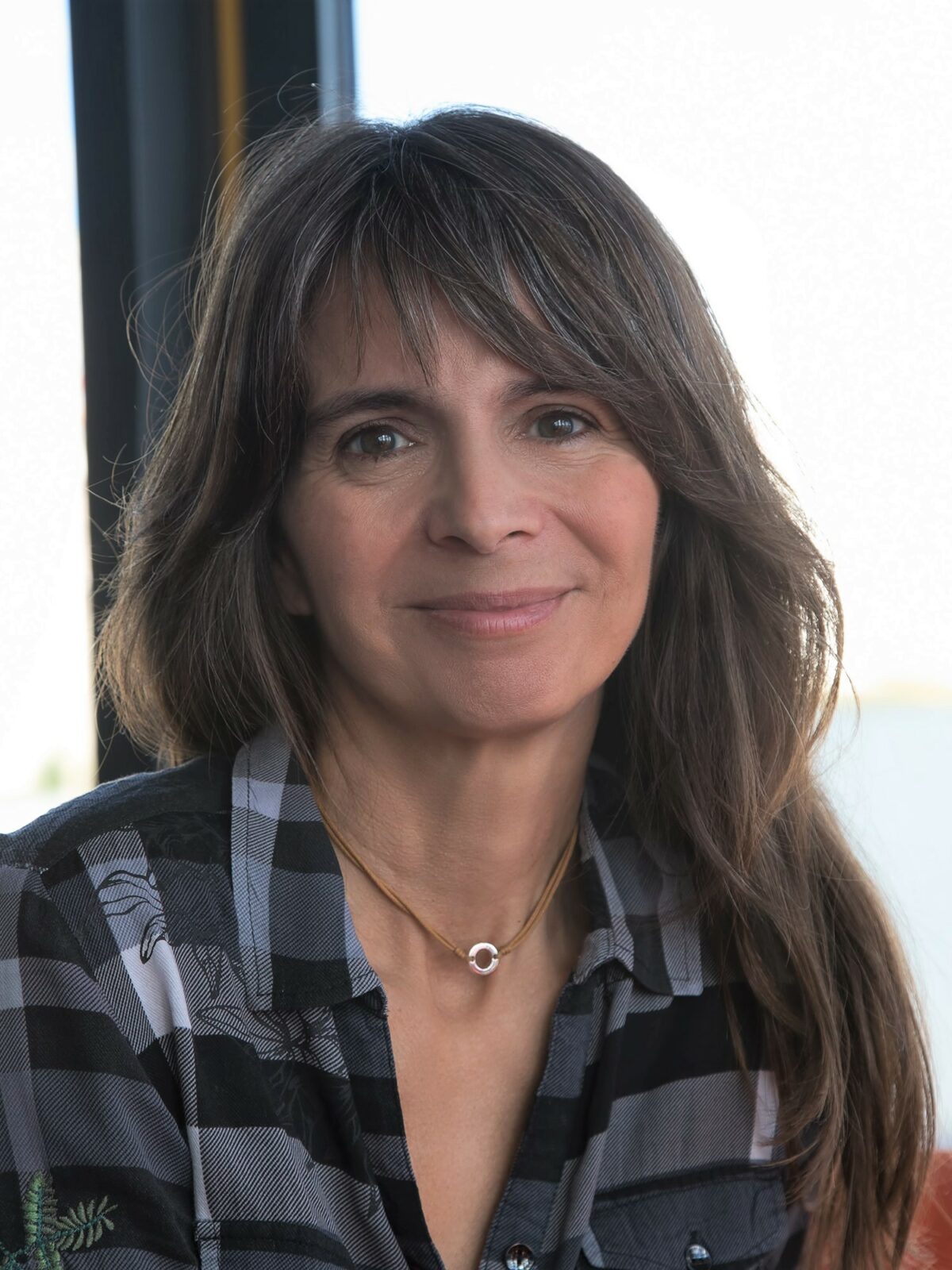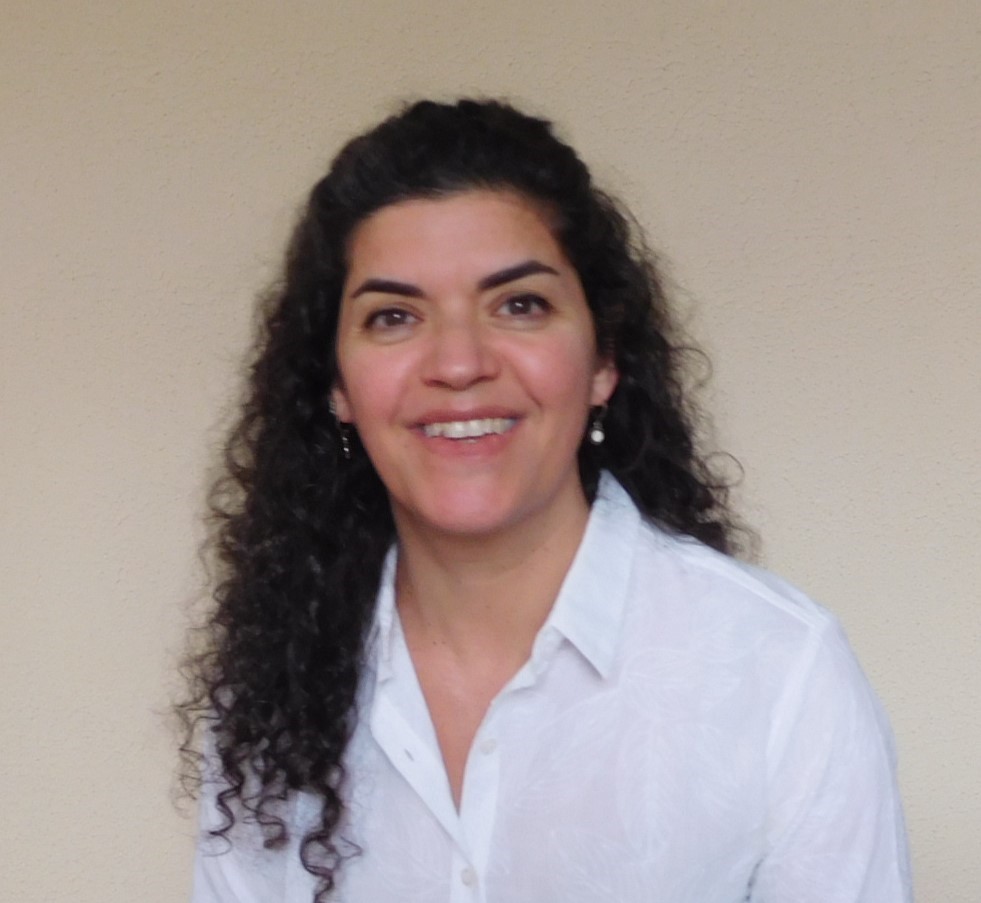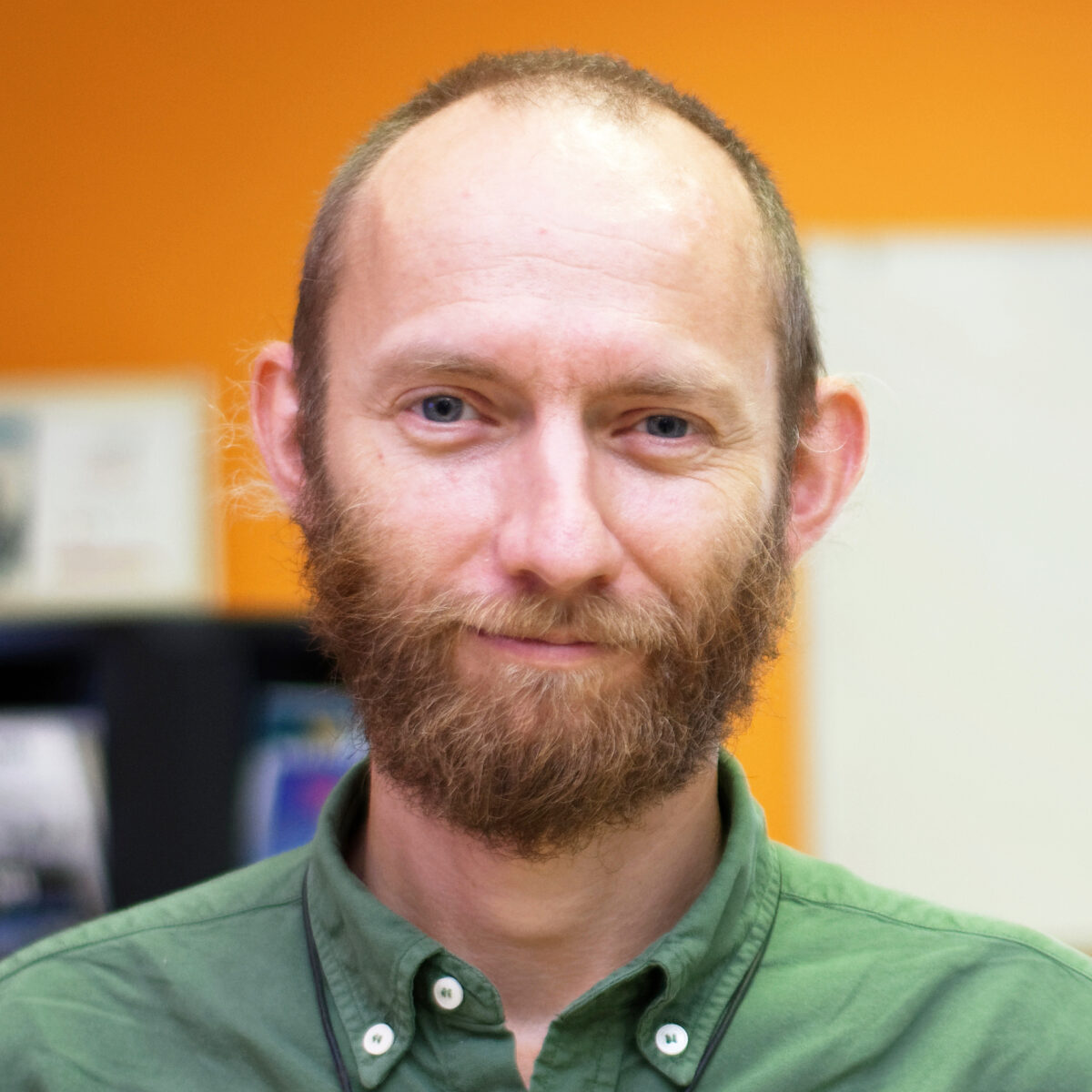Montserrat Rivas works in the Department of Physics, University of Oviedo, Spain. Her doctorate is in physics. During her studies, she carried out research in the Laboratoire de Magnetisme et Optique (CNRS) in Bellevue (Paris) and the Laboratoire Louis Néel (CNRS) in Grenoble.
Currently, she researches magnetic materials with a particular focus on biomedical applications and sensing of magnetic nanoparticles. She leads a multidisciplinary group specialising in magnetic bio-detection for point-of-care use.
Montserrat serves as the Chief Open Access Editor of the IEEE Magnetics Society and as Lead Editor of its special section in IEEE Access. She is the president of the Spanish Club of Magnetism.
She believes that effective oral communication of science is critical for disseminating and advancing knowledge and can boost a researcher’s professional network and career. She has given seminars and classes for graduate students to help improve their scientific oral communication skills.












